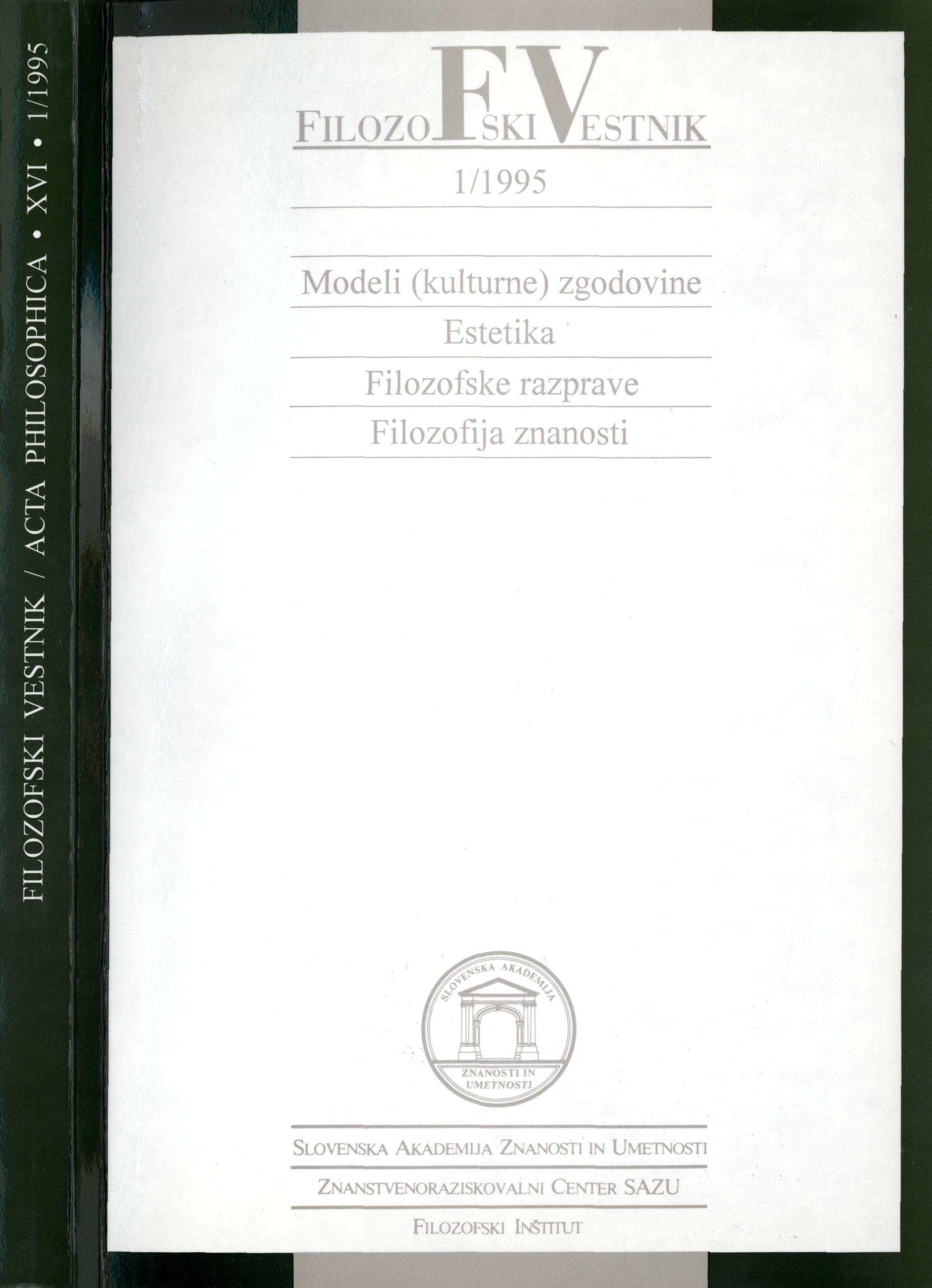Popperova filozofija znanosti
Povzetek
V prispevku se najprej analizira Popperov poskus razmejitve znanosti in metafizike (psevdo-znanosti). Ugotovi se, da Popperov kriterij demarkacije - ovržba - ne omogoča upravičbe želene delitve, ker je rezultat zelo nepričakovan. Na isti strani so matematika in logika, teorija indukcije, različne metafizične teorije in filozofija. Ovržba lahko funkcionira kot kriterij razločevanja le v horizontu ločevanja stavkov empiričnih znanosti od stavkov, ki empirični znanosti ne pripadajo. V nadaljevanju se primerja Tarskijevo teorijo resnice s Popperovo interpretacijo. Izkaže se, da Popper zahteva od Tarskega preveč, čeprav je res, da prav z njegovo pomočjo zagotovi legitimnost svojega temeljnega prepričanja, da znanost teži k resnici in da se dejansko le tej tudi približuje. Zaradi nekaterih problemov ponudi Popper namesto tradicionalnega pojma resnice teorijo podobnosti resnici, ki pa ne uspe v poskusu preseganja le teh. Kot možna alternativa, ki pa ni slepa privolitev v Feyerabendov »vse je možno«, se ponuja zmes obeh pristopov.Prenosi
Podatki o prenosih še niso na voljo.
Prenosi
Objavljeno
2016-01-23
Kako citirati
Borstner, B. (2016). Popperova filozofija znanosti. Filozofski Vestnik, 16(1). Pridobljeno od https://ojs.zrc-sazu.si/filozofski-vestnik/article/view/3914
Številka
Rubrike
Filozofija znanosti
Licenca
Avtorji jamčijo, da je delo njihova avtorska stvaritev, da v njem niso kršene avtorske pravice tretjih oseb ali kake druge pravice. V primeru zahtevkov tretjih oseb se avtorji zavezujejo, da bodo varovali interese založnika ter da bodo povrnili morebitno škodo.
Podrobneje v rubriki: Prispevki





